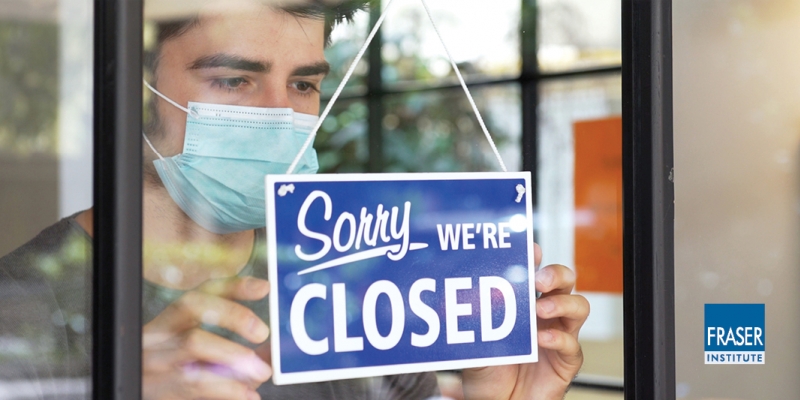Livio Di Matteo
– Professor of Economics, Lakehead University
Livio Di Matteo is a Senior Fellow at the Fraser Institute and Professor of Economics at Lakehead University in Thunder Bay, Ontario, where he specializes in public policy and finance, health economics, and economic history. His most recent work examines value for money in health-care spending and the drivers and sustainability of health-care spending; fiscal economic history; and the historical evolution of economic inequality in Canada and internationally. Prof. Di Matteo is a member of the CIHI National Health Expenditure Advisory Panel and a contributor to Fraser Forum, the Fraser Institute’s blog, as well as his own policy blog, Northern Economist 2.0. His op-eds have appeared frequently in many newspapers across Canada including the Globe and Mail, National Post, Financial Post, Toronto Star, Winnipeg Free Press, Waterloo Region Record, and Hamilton Spectator. He has been listed in Canada’s Who’s Who since 1995 and holds a Ph.D. from McMaster University, an M.A. from the University of Western Ontario, and a B.A. from Lakehead University.
Recent Research by Livio Di Matteo
 Read the Second Chapter - The Fiscal Impact of COVID-19 on Canada and the Provinces
Read the Second Chapter - The Fiscal Impact of COVID-19 on Canada and the Provinces Read the First Chapter - The Economic Impact of COVID-19 on Canada and the Provinces
Read the First Chapter - The Economic Impact of COVID-19 on Canada and the Provinces View the Infographic - Fiscal Impact on Canada
View the Infographic - Fiscal Impact on Canada View the Infographic - Fiscal Impact on Atlantic Canada
View the Infographic - Fiscal Impact on Atlantic Canada View the Infographic - Economic Impact on Canada
View the Infographic - Economic Impact on Canada View the Infographic - Economic Impact on Atlantic Canada
View the Infographic - Economic Impact on Atlantic Canada Read the News Release
Read the News Release




